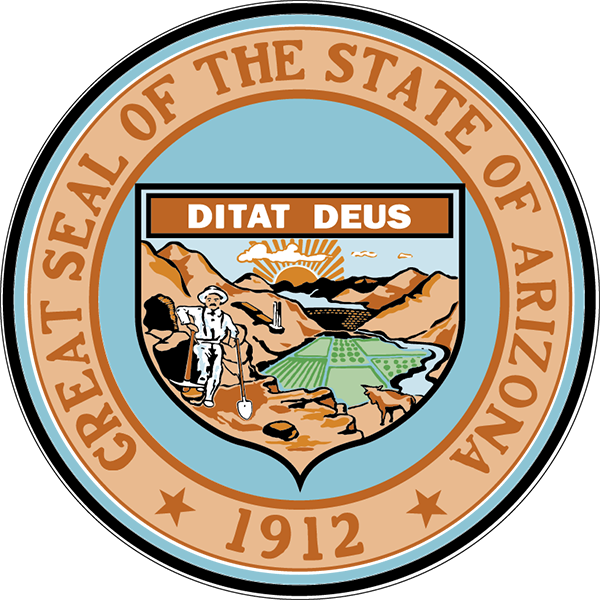Thursday, July 16, 2020 | By: Bradley Feinberg, Remote Online Notary (Arizona)

Arizona is one of only a few states that allows for the creation of a self-proving Last Will and Testament using an electronic signature and remote online notarization.
When creating a self-proving Will that will be witnessed and notarized online - you should consult your attorney, paralegal or legal doc preparer to insure that you have a valid WILL.
Together with a commissioned Arizona Remote Online Notary, your advisor can guide you through the steps necessary to finalize the document with the electronic signatures of two witnesses.
Please note that as notaries and as a notary company, we cannot give you legal advice or recommendations. You need to check with your attorney to answer specific questions as it relates to creating a self-proving will in Arizona or explaining the various laws, statutes, rules and regulations.
The Last Will and Testament is a high value document and as such to be Self-Proved in Arizona requires two witnesses and an Arizona commissioned remote online notary (the notary can act as one of the witnesses) to authenticate the electronic signatures. Remote Online Notarization provides these benefits:
* Identity vetting of the signers via a state required Knowledge Based Authentication process from a third party.
* Credential authentication and facial analysis required by the state using a third party.
* State required tamper-proof audit trail of every action taken by the signers and notary during the process.
* State required audio/visual recording of the transaction saved securely for 5 years.
* State required tamper-evident seal of the document.
By using the remote online notarization process to finalize the electronic Last Will and Testament, your client is assured of the integrity of the process producing an unalterable document.
Self Proved Electronic Wills In Arizona**:
To be self-proved and valid in Arizona, an electronic will must meet all of the following requirements:
1. Be created and maintained in an electronic record.
2. Designate a qualified custodian to maintain custody of the electronic will.
3. State the date and time that the testator and witnesses electronically signed the will. (This information is stored in the permanent audit trail and the audio/visual recording.)
4. Contain a copy of the current government-issued identification card of the testator that was current at the time of the will. (This information is stored in the permanent audit trail and the audio/visual recording.)
5. Contain the electronic signature of the testator or the testator's electronic signature made by some other individual in the testator's conscious presence and by the testator's direction.
6. Contain the electronic signature of at least two persons - witnesses who meet the witness requirements.
7. Contain the electronic signature and electronic seal of a notary public placed on the will in accordance with applicable law.
8. Before being offered for probate or being reduced to a certified paper original, be under the exclusive control of a qualified custodian at all times.
**DISCLAIMER: We are not attorney's and legally cannot give advice or recommendations. Please consult your attorney for advice or recommendations or further explanation of the law with regard to this topic or any other legal matter including how to create a self-proving electronic will).
If you are looking at hiring a notary for your estate planning documents which could include but are not limited to:
Last Will and Testament
Trust
Certificate of Trust
Deed (Warranty, Quick Claim, etc.)
Health Care Power of Attorney
Health Care Directives
Living Will
Mental Health Care Power of Attorney
Agent or Surrogate Decision-Makers
Pre-Hospital Medical Care Directives (Do Not Resuscitate)
Then contact AZ Roving Notary. We offer service as a traditional mobile notary, as a commissioned electronic online mobile notary, and as a commissioned remote online notary.